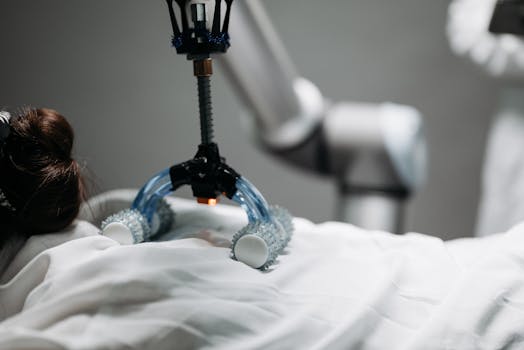The Evolution of Bookmaking Amidst Technological Advancements
The art and craft of bookmaking have undergone significant transformations, especially with the rapid technological advancements over the past few decades. This evolution has reshaped how books are created, published, distributed, and consumed by readers worldwide. In this article, we will explore the main approaches to modern bookmaking, compare their advantages and disadvantages, and provide practical examples of each. Whether you are an avid reader, a budding author, or someone interested in the publishing industry, understanding these changes can offer valuable insights into the future of books.
Traditional Bookmaking
Traditionally, bookmaking involved a series of manual or semi-automated processes. From typesetting and printing to binding, each book was crafted with a considerable amount of human touch. The primary advantage of this approach is the high quality of the finished product, which many book lovers cherish. Traditional books are tactile; the texture of the paper and the smell of the ink create a sensory experience that e-books and digital formats cannot replicate.
However, traditional bookmaking is not without its drawbacks. It is often more time-consuming and costly than modern techniques. The production costs for physical books, including materials and distribution, can be high. Moreover, the environmental impact of paper production and the physical distribution of books across the globe raise sustainability concerns.
Digital Publishing and E-Books
The rise of the internet and digital technology paved the way for e-books and digital publishing. This method allows books to be distributed electronically, making it easier and faster to reach a global audience. One of the biggest advantages of digital books is accessibility. Readers can purchase and download books from anywhere in the world with internet access, often at a lower cost than physical books.
Furthermore, digital books are adjustable in terms of font size and style, which is a significant advantage for readers with visual impairments or reading difficulties. Storage is also more straightforward, with thousands of e-books fitting into a single device.
On the downside, reading e-books requires electronic devices, which not everyone may have access to. Additionally, the experience of reading on a screen is different from reading a printed page, which can be a disadvantage for those who prefer traditional books. There is also the issue of digital rights management (DRM), which can restrict how e-books are used and shared.
Print-On-Demand (POD)
Print-on-demand technology is a modern bookmaking approach that bridges the gap between traditional and digital publishing. With POD, books are printed only when there is a demand, which significantly reduces waste and inventory costs. This method is particularly beneficial for self-publishers and independent authors as it allows for low initial investment and better control over the publishing process.
The quality of print-on-demand books has improved significantly, with many POD services offering products that rival traditionally printed books. However, the unit cost of POD books can be higher than traditional bulk printing, and the options for book formats and papers might be more limited.
Hybrid Publishing
Hybrid publishing models combine the strengths of traditional and digital publishing. For instance, many publishers now offer both physical books and digital versions simultaneously. This approach caters to all reader preferences and maximizes the distribution potential.
The main advantage of hybrid publishing is its flexibility and market reach. However, it requires more management and coordination between different formats and distribution channels, which can be a challenge for publishers.
Practical Examples and Current Trends
Recent trends in bookmaking show a clear inclination towards integrating technology with traditional practices. For example, augmented reality (AR) features are being used in some children’s books to make the reading experience more interactive. QR codes in textbooks provide additional online resources. These innovations enhance the learning and reading experience by merging physical and digital worlds.
Conclusion
The evolution of bookmaking amidst technological advancements offers exciting opportunities and challenges. While traditional bookmaking continues to hold a cherished place in the hearts of many, digital solutions like e-books and print-on-demand services are making books more accessible than ever before. As technology continues to evolve, the future of bookmaking looks promising, with hybrid models likely becoming more prevalent.
For readers and authors alike, staying informed about these advancements can help navigate the ever-changing landscape of book publishing. Whether you prefer the classic touch of paper books or the convenience of digital reading, there is something in today’s bookmaking evolution for everyone. Explore these options, and perhaps try a new format you haven't experienced before; you might discover a new favorite way to read.

.png)





